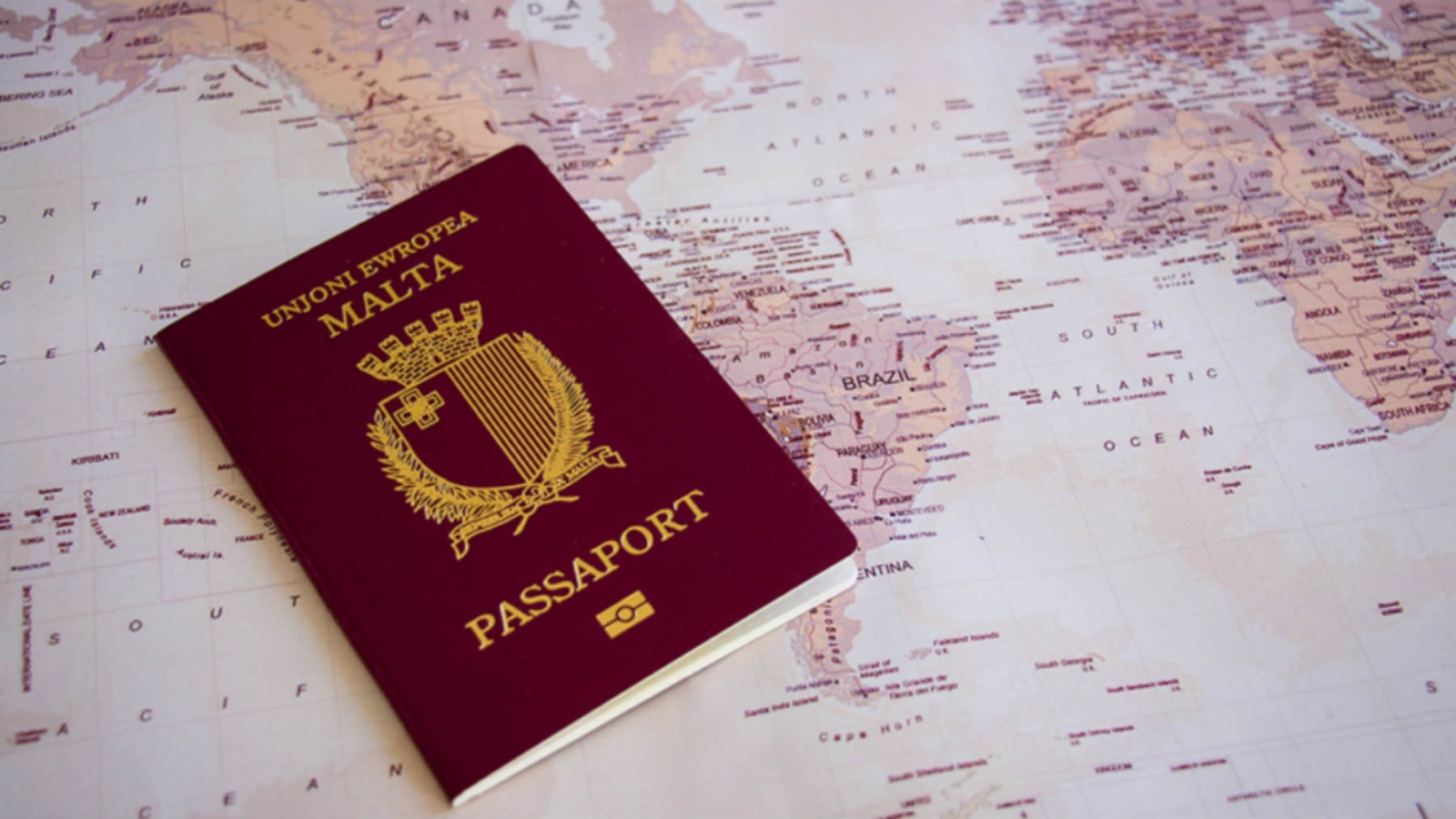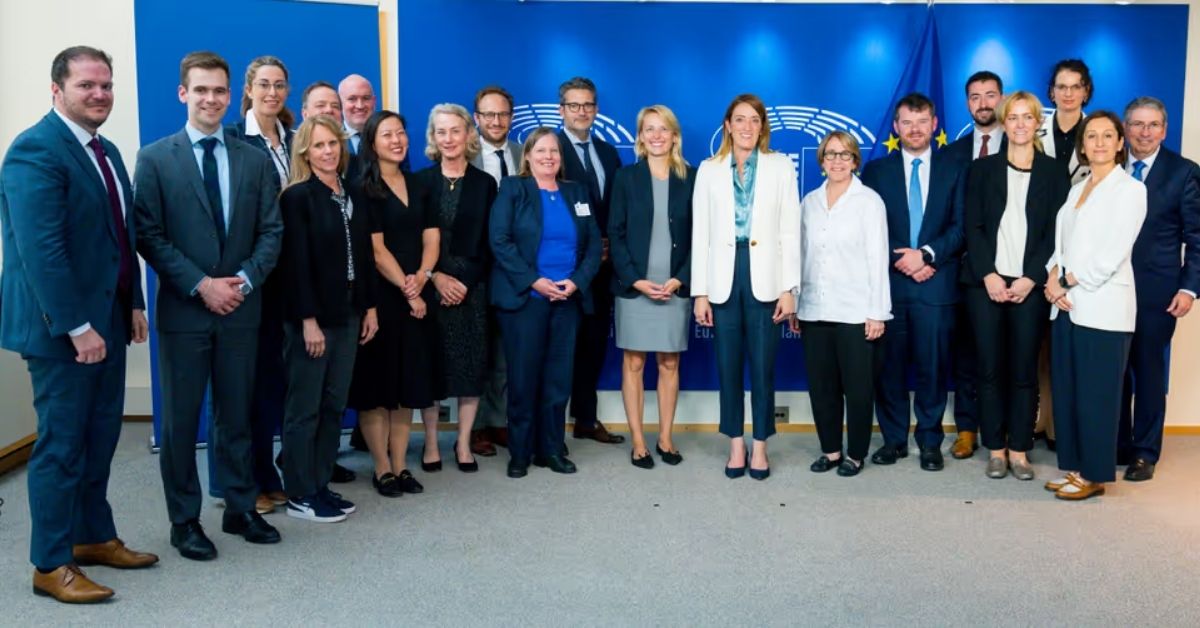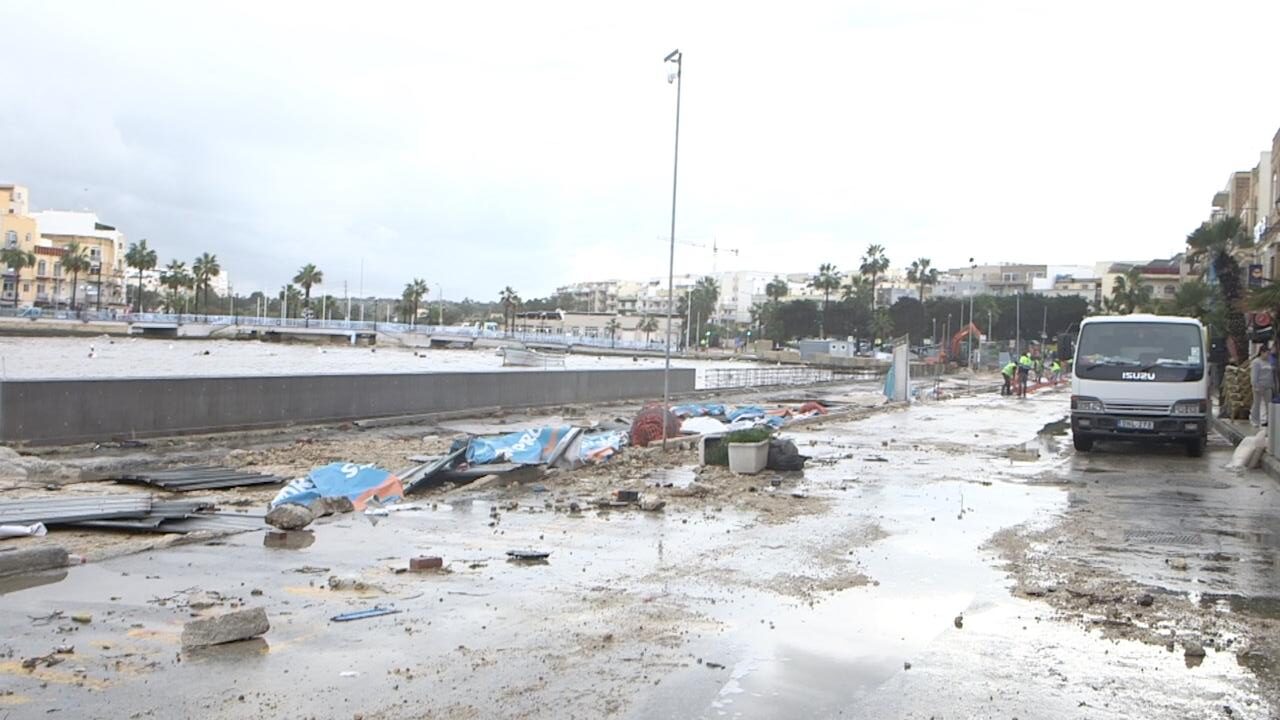Malta’s continued resistance against the European Commission’s attempts to get it to shut down its citizenship-by-investment programme seems to be reaping dividends, as the suspension of similar schemes leaves the Maltese “golden passport” the most popular in the EU among the growing ranks of the global rich, which are increasingly coming from the United States.
Until last week, Malta’s passport ranked second in the EU in terms of interest from ultra-wealthy Americans, according to a new report by Henley & Partners, the original concessionaires for Malta’s Individual Investor Programme (IIP).
The IIP was retired in the face of mounting pressure and replaced with the rather less catchy ‘Granting of Citizenship for Exceptional Services by Direct Investment Regulations (S.L. 188.05)’.
However, the most popular scheme, that operated by Portugal (which was technically a “golden visa”), was brought to a sudden halt on Thursday 16th February by Prime Minister António Costa, following a Portuguese cabinet meeting dedicated to housing.
Mr Costa argued that Permit for Investment Activity, which brought Portugal €6.9 billion in investments since it was created in 2012, would come to an end in a bid to combat property speculation.
With Portugal out of the picture, mere days after Ireland closed its own golden visa programme, Malta seemingly sits atop the rankings of the most popular routes to European Union citizenship against payment from Americans.
Cyprus ended its own scheme in 2020.
The European Commission has dragged Malta to the Court of Justice of the European Union after the country refused to give up its long-standing argument that citizenship remains a matter under the sole jurisdiction of national governments.
The Commission says that Malta is the only EU country that has a citizenship-by-investment scheme based on pre-determined payments or investments without a “genuine link” to the country, such as long-term residence.
What is driving America’s rich to Malta?
In the USA Wealth Report 2023, released last week, Henley & Partners managing partner and head of North America Mehdi Kadiri writes:
“A key driver behind this migration surge is the political polarisation caused by partisan conflicts between Democrats and Republicans. Added to that, over the past decade other societal issues have bubbled to the surface including the widening wealth divide and mounting pressure to increase taxes on the rich, as well as rising crime rates and the polemical debate around gun control laws. Gender inequality and endemic racial discrimination issues have also taken centre stage and fuelled movements such as ‘me too’ and ‘Black Lives Matter’.
“Financial markets have suffered greatly as a result of the pandemic, unprecedented inflation, and the ongoing war in Ukraine that has impacted supply chains and energy prices. As a result, Americans are currently experiencing their own bleak ‘winter of discontent’.
“This sense of disillusionment is leading many to pursue domicile diversification strategies that broaden their investment opportunities and safeguard their capital and interests.”
He continues: “The most sought-after investment migration options they are considering in Europe are the Portugal Golden Residence Permit Program, which has received the highest number of applications by US citizens at Henley & Partners, followed by Malta’s Granting of Citizenship for Exceptional Services by Direct Investment Regulations (S.L. 188.05), which allows for the granting of citizenship by a certificate of naturalisation to foreign individuals and their families who contribute to the country’s economic development.”
Now that Portugal has ended its scheme, Malta is now in the first position.
For a market previously dominated by Chinese and Russian high-net-worth individuals, the late entry of US citizens promises to be an interesting development – and Malta is attracting a lot of attention.
French NGO accuses Metsola and MEP of working with USA to dismantle Green Deal
Bloom calls out EU officials for 'adopting the Trump administration's strategy' to torpedo corporate environmental due diligence
Storm-hit businesses can now apply under amended Malta Enterprise scheme
A new measure offers targeted aid to storm-hit businesses while giving non-compliant operators one year to regularise their permits
Access to finance and rising fraud risks discussed at Malta Women & Finance Summit 2026
Expert advice for spotting scams and opinions on investing






